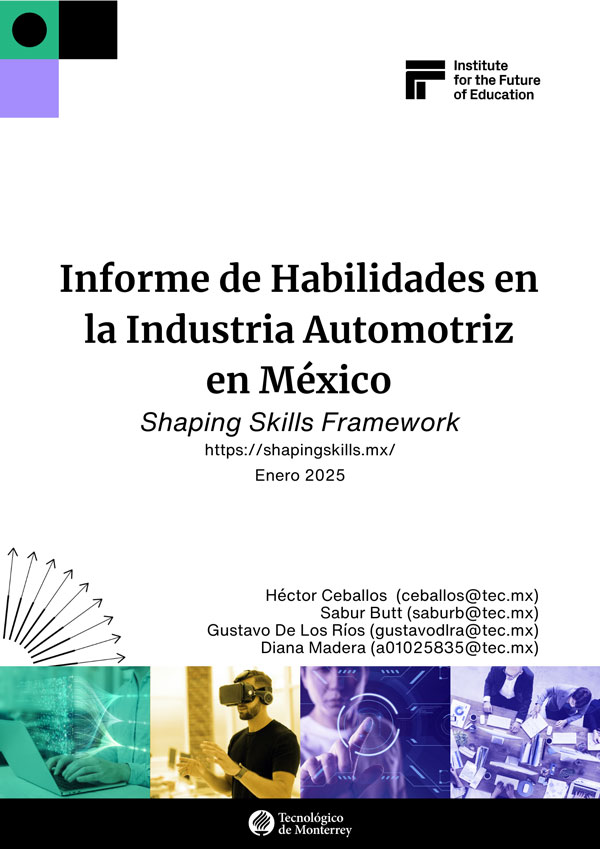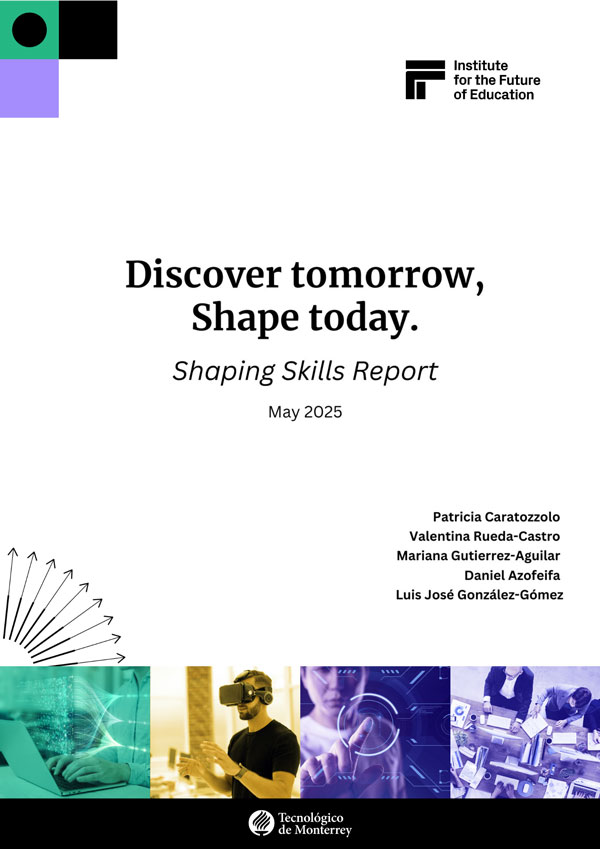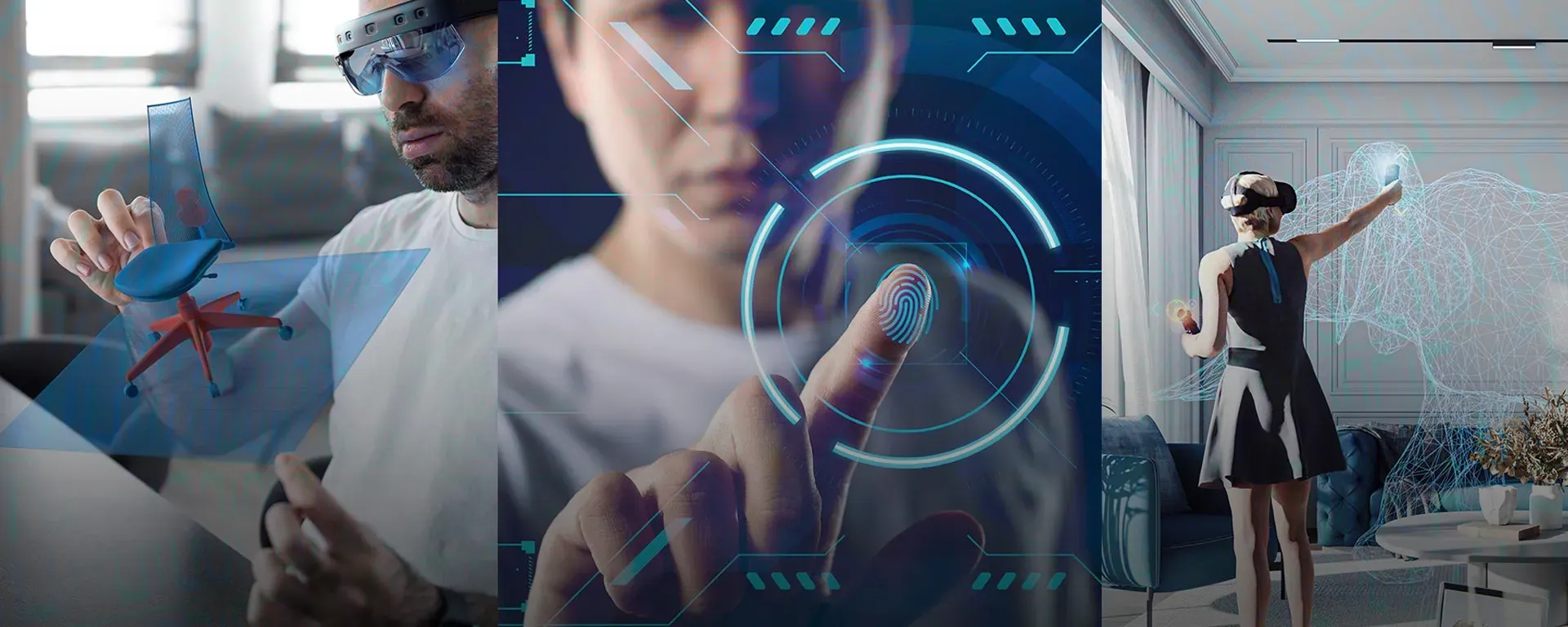Shaping Skills
The reports generated by the project Shaping Skills serve as a comprehensive analytical tool, offering an in-depth snapshot of workforce competencies within diverse sectors. Central to the report is the creation and refinement of an adaptive taxonomy of Knowledge, Skills, and Abilities (KSA), designed to map and organize the competencies required to meet evolving industry demands. Drawing from data collected from job postings for each occupation and related roles in a specific sector, the report analyzes the distribution of competencies through graphical methods, identifying trends, patterns, and key categories.
Structured to lead readers toward a clear grasp of emerging workforce priorities, the reports also offer a deeper examination of the occupational landscape. They uncover valuable insights into the workforce’s specialized needs, highlighting how employment patterns and job roles are evolving in response to technological shifts and changing market dynamics. By mapping these trends, the reports empower stakeholders with actionable knowledge to proactively address future workforce challenges and opportunities.
Finally, through its focused examination of knowledge, skills, and abilities, these reports provide a comprehensive overview of the current state and future trajectory of the workforce in the analyzed sector. It provides a foundation for deeper investigation into how technological change is redefining work, outlining strategies to build a resilient and competitive workforce while bridging sectors and guiding the future of education and employment.



